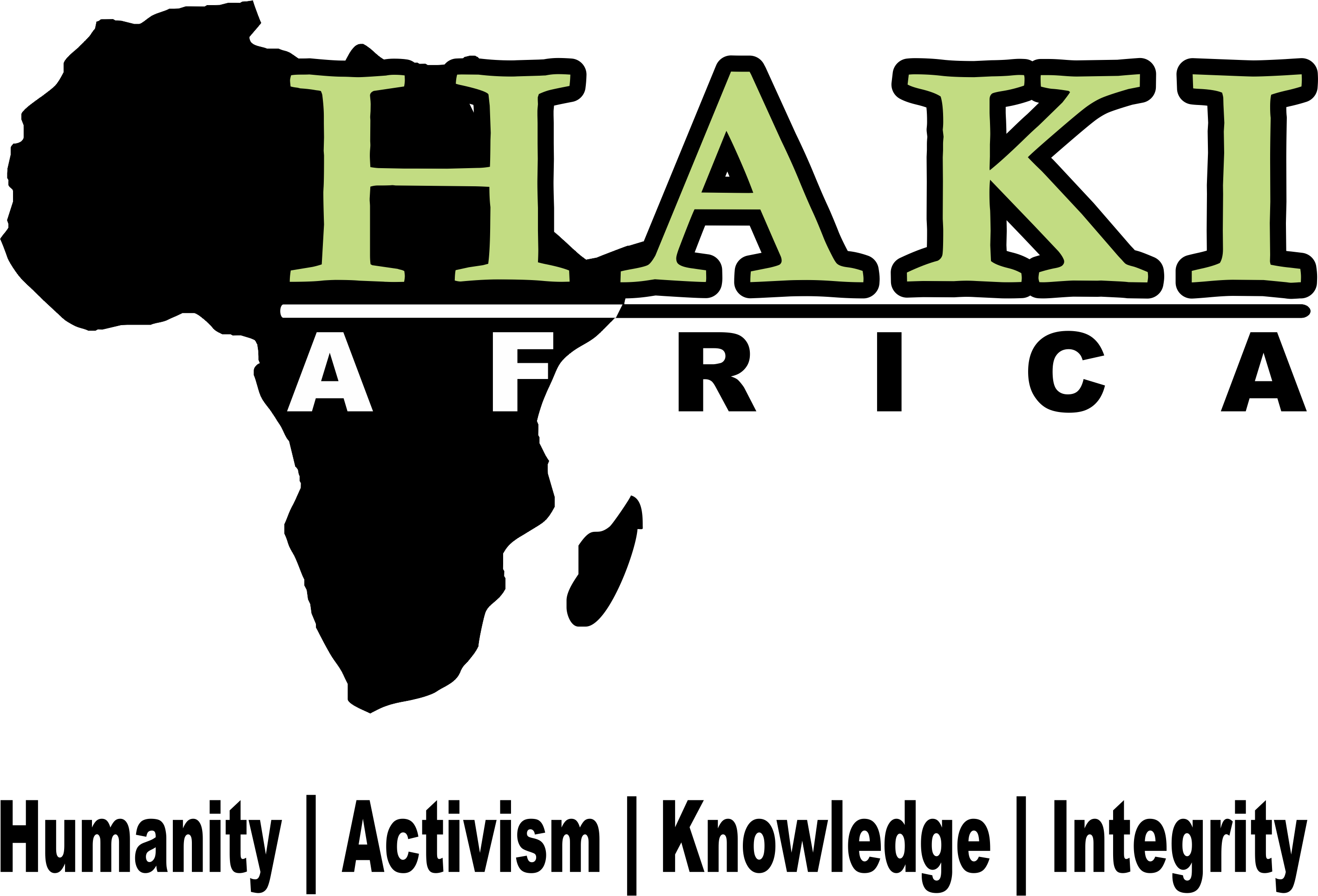HAKI Africa is a pan-African human rights organization based in Mombasa. The organization works to improve livelihoods and the comprehensive realization of human rights in Africa. The organization, founded in 2012, promotes collaboration between state and non-state actors in order to continuously improve the well-being of individuals and communities while ensuring respect for human rights and the rule of law
Read MoreIn the 21st century, the rapid advancements in technology have undeniably transformed the way we live, work, and communicate. While technology has brought about unprecedented progress and convenience, it has also raised profound concerns regarding its potential impact on human rights. The delicate balance between technological innovation and safeguarding human rights remains a critical challenge that requires global attention and proactive measures.
One of the foremost challenges arises from the increasing digital divide, perpetuating disparities in access to information and opportunities. In many parts of the world, marginalized communities face significant barriers to accessing and utilizing technology, exacerbating existing inequalities. Bridging this gap demands concerted efforts from governments, private sectors, and civil society to ensure equal access to technology, thereby promoting inclusivity and empowering disadvantaged populations.
Amidst the digital age’s complexities, our commitment to human rights is the guiding light that ensures technology serves as a force for empowerment, not oppression
Moreover, the pervasive issue of digital privacy and data protection looms large in the digital age. Instances of data breaches, surveillance, and unauthorized data exploitation continue to threaten individuals’ fundamental rights to privacy and freedom of expression. To uphold human rights principles, it is imperative to establish robust legal frameworks that regulate the collection, storage, and utilization of personal data while ho
lding entities accountable for any breaches.The rise of artificial intelligence (AI) and automation presents both promises and perils. While AI has the potential to revolutionize various sectors, including healthcare and education, its deployment must align with ethical considerations and human rights standards. Preventing the misuse of AI for discriminatory practices and ensuring transparency in algorithmic decision-making processes are vital steps in safeguarding individuals’ rights and preventing potential biases.
Additionally, the alarming rise of cyber warfare and digital censorship poses severe threats to freedom of expression and information dissemination. Governments and private entities must refrain from using technology as a tool for surveillance and censorship, respecting individuals’ rights to express their opinions and access information freely without fear of reprisal or restriction.
As we navigate the complexities at the crossroads of technology and human rights, proactive measures must be taken to foster a conducive environment that promotes technological advancements while upholding the fundamental principles of human dignity, equality, and freedom. Collaboration between stakeholders, including governments, tech companies, and civil society organizations, is essential in formulating comprehensive policies and regulations that prioritize human rights protections in the digital era.
To effectively address these challenges, the following recommendations are imperative:

- Establishing comprehensive data protection laws that prioritize individuals’ privacy and ensure strict enforcement to deter data breaches.
- Promoting digital literacy programs to bridge the digital divide and empower marginalized communities with essential technological skills and knowledge.
- Implementing ethical guidelines for the development and deployment of AI technologies, emphasizing fairness, accountability, and transparency.
- Advocating for internet freedom and combating digital censorship to safeguard individuals’ rights to access information and express their opinions freely.


